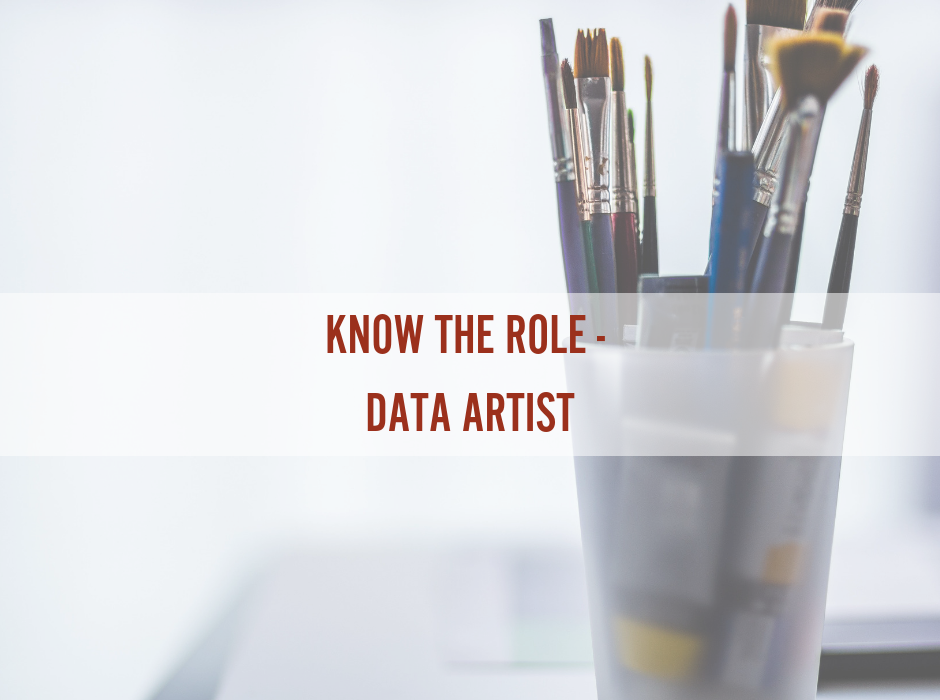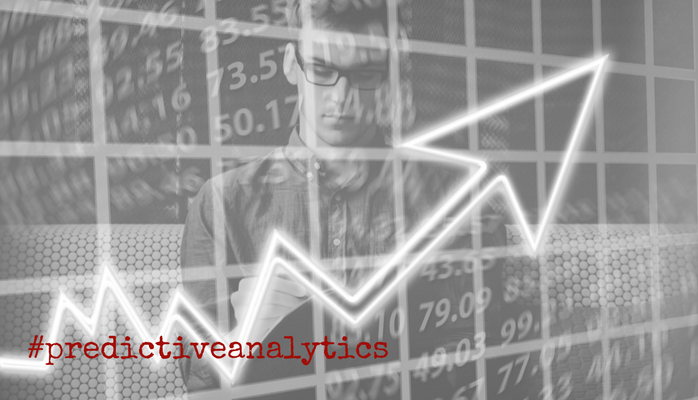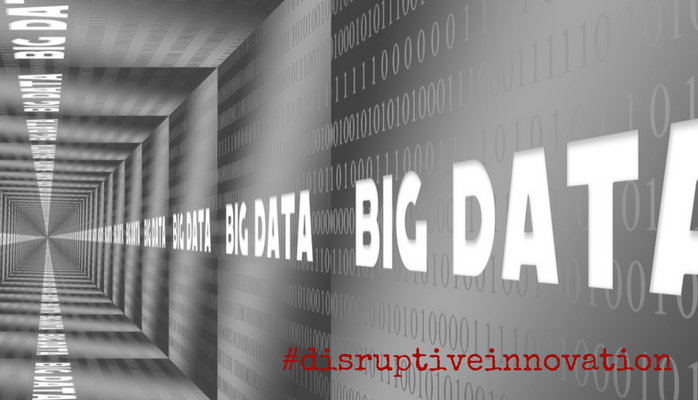Know the Role – Data Artist
We all understand that the amount of data that modern companies use to drive their businesses is growing exponentially. You may know the roles of database administrators, database architects, and data scientists. But are you familiar with the role of the “data artist”?
- Understanding data well enough to know what pieces of data are needed to tell their story.
- Mastery of the process of analysis and finding insight.
- Ability to create the most compelling way to convey those insights visually to the rest of the organization.





